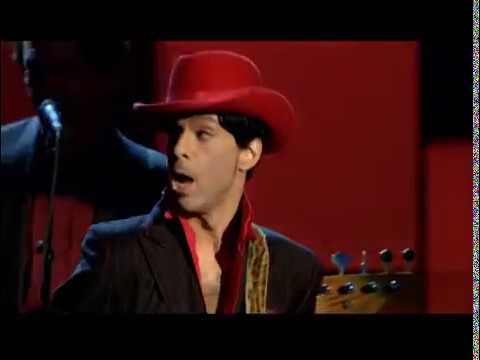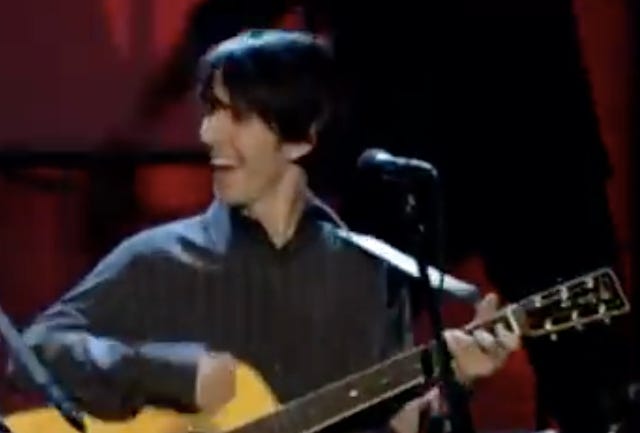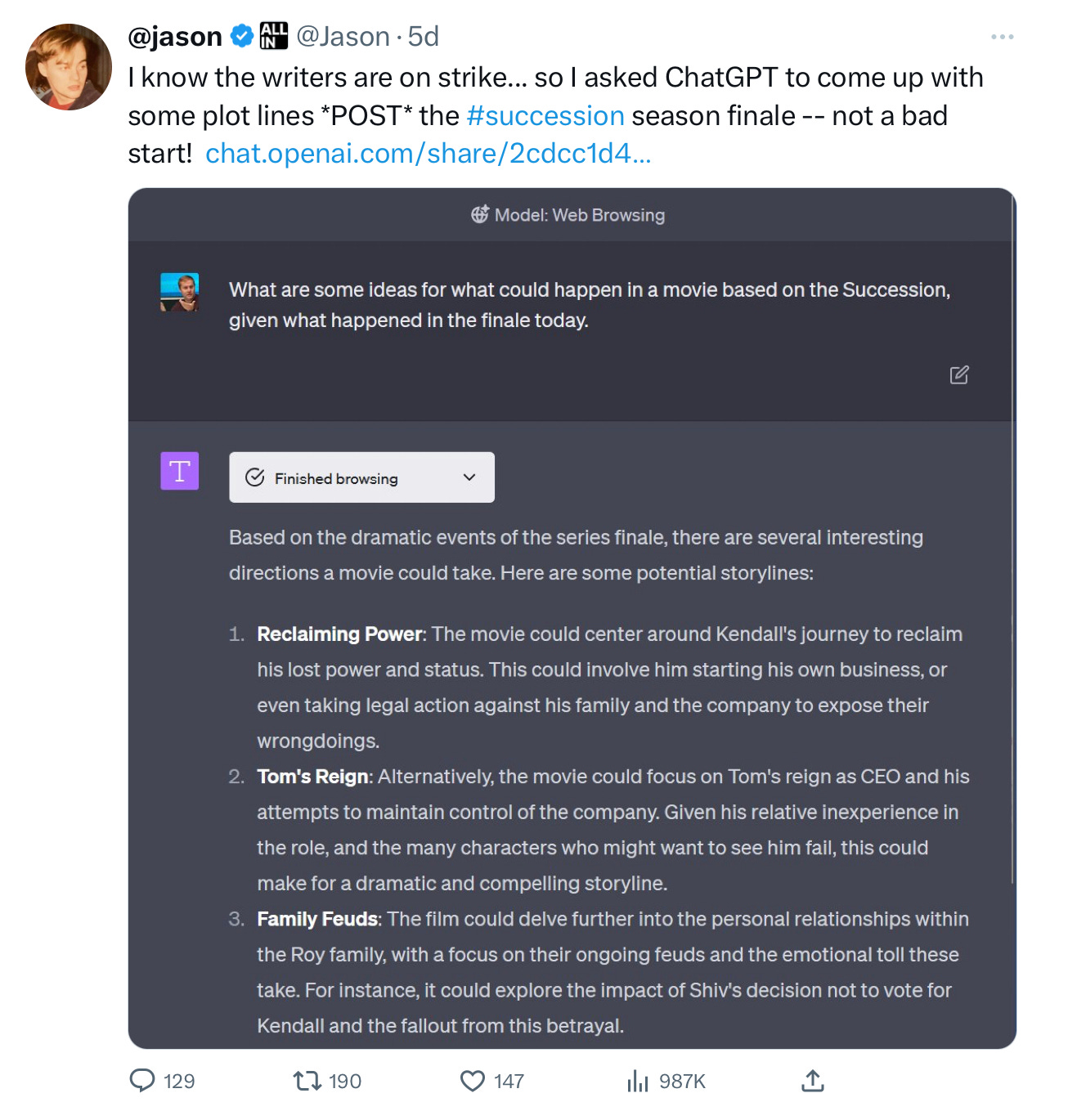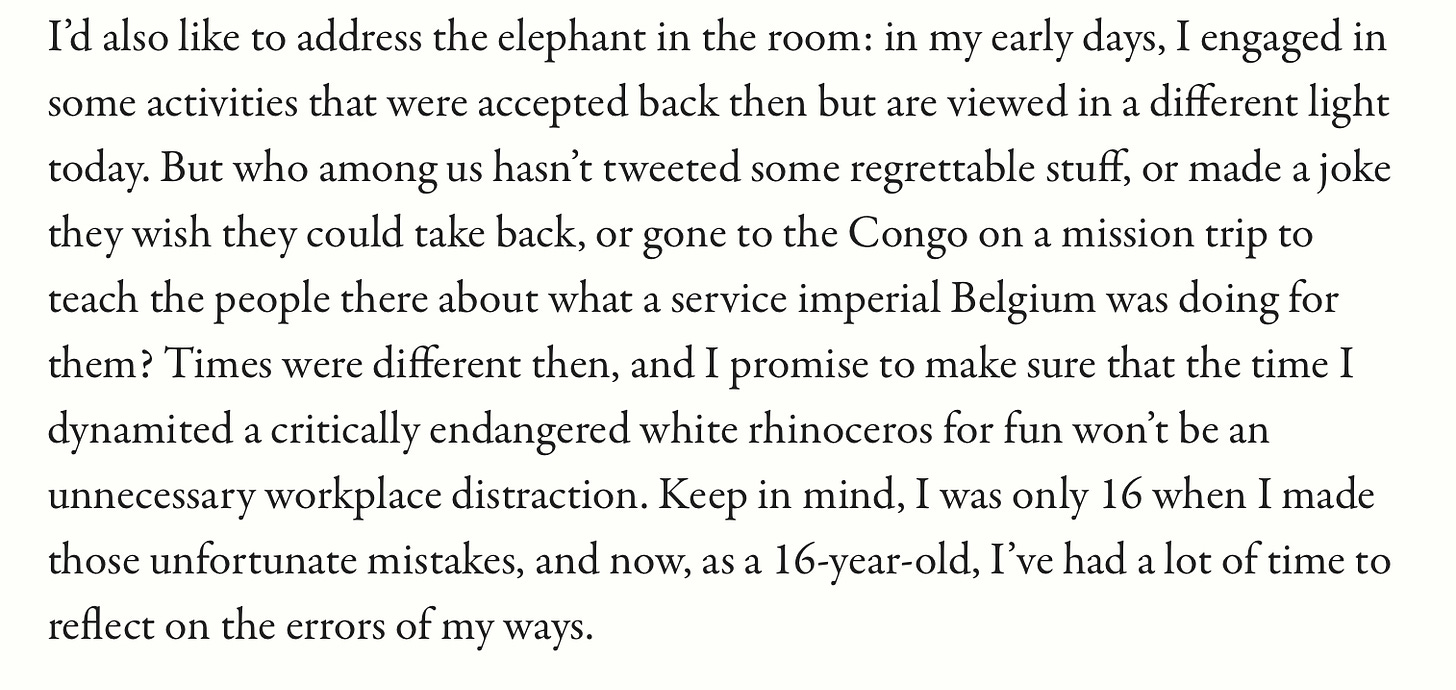Speed and Efficiency are not Human Values
The things AI is best at aren't worth all that much to people (as opposed to markets).
So, some dude says he wrote 97 books in 9 months using ChatGPT for the text, and image-generating software Midjourney for the visuals. Each book takes six to eight hours to complete, combining between 2000 and 5000 words and hundreds of images.
He says he has sold 574 books, making “nearly $2000” between last August and this May. He calls his approach “successful,” comparing himself to the serial fiction market of the mid to late 1800s, so you know, like Charles Dickens.
The dude seems enthusiastic about the project, managing to hype it into the consciousness of people like me, but I’m wondering about the “successful” part. A little back-of-the-envelope math tells me that even granting him an average time of six hours per book, and rounding up his revenue to the full $2k, he’s making less than $4/hour.
Now, for a novelist, this is probably not that bad. It took me eight years of off and on work to write The Funny Man, literally thousands of hours, and it netted me $7500 minus agent’s commission. I was well under $4/hr on that project. I have several other novels that exist only as bytes on a hard drive, for them I have earned $0 per hour.
I think that the appearance of generative AI with its seemingly magical abilities to unleash the creative beast lurking inside all of us has broken our brains a little bit and it has become difficult to think straight when it comes to the intersection of the technology and humanity and what being creative involves.
I’m including myself here, as I’ve been wrestling with revisions on this book proposal I’ve been yammering on about, sometimes vacillating between, “This stuff is crap and anyone hyping it is a fool,” and “This is going to put people like me out of work.”
This week, the head of Bertelsmann, the conglomerate which owns (among other things) Penguin Random House, waxed enthusiastically about the potential for generative AI as a way for authors to generate more content, saying, “If it’s your content, for which you own the copyright, and then you can use it to train the software, you can in theory generate content like never before.”
Not only will I be up against all the other writers unfortunately constrained by our existences as flawed and glitchy meatsacks, we could have an AustenGPT or DickensGPT cranking out new classics as well.
A guy could start to panic if he doesn’t take a deep breath and think through some of this stuff.
If we have these tools that make the producing “content” speedier and more efficient, what does that mean for the content producers of the world?
“More” Is not Necessarily a Market Advantage
Here is a problem we do not currently have: There aren’t enough books getting published.
In fact, there’s far more books being published than there are people to buy and read them. Mr. 97 Books in 9 Months is working under the theory that more hooks in the water makes for the better chance at getting a bite, and if they bite once, maybe they’ll bite over and over. He says he’s aiming for 1000 books.
This is the “if you throw enough stuff at the wall, some of it will stick” theory, but for this to be true, the stuff you’re throwing must be at least a little bit sticky, and cranking out content in a matter of hours using generative AI is probably not a good route to stickiness.
Back when I was editing the McSweeney’s website, I experienced this phenomenon from the wall’s side of the equation. Being one of the people who was sending his own work into the void and waiting for a response, I made a vow early on that no one would wait more than a week for a response from me as editor of the site, and I often had that time down to a day or two. I noticed that there were some submitters who, almost the moment my (polite/kind) rejection was sent, would send a fresh piece boomeranging back.
The writers were operating under the theory that if they just kept submitting, eventually something would hit, but it wasn’t true! The stuff they were sending was not sticky! Sometimes you could see signs of potential stickiness, but the gap between what I’d been sent and what would have to be done to make it sticky was too large for me to consider working through some edits, particularly weighed against other submissions that arrived like they were coated in super glue, winning me over from the title and opening lines.
I had to start delaying my response to some submitters in order to slow the deluge. I would sometimes gently suggest that they needed to spend more time on one thing, rather than cranking out so many quarter-assed pieces, but this advice rarely, if ever took. They were convinced that at some point lightning would strike.
(As an aside, the boomerang submitters were universally men. I had to almost hound the women whose work I had passed on to keep trying, and in fact did start doing so in an effort to increase the diversity of contributions on the site. I told that story a few years ago at Inside Higher Ed.
Even if this dude does crank out 1000 books, from a purely sales/market potential perspective, he’d be better off funneling that time into first making one book as good as he is capable of doing before moving on to the next one.
Speed Is Not a Criteria for Quality
One of the early-semester challenges I had when I was teaching introductory creative writing to college students was establishing our goals, some shared understanding of what we were aiming to produce in the class.
This required a discussion about the values that underly the works we think are good, and one of the points I would try to make is that speed is not something we associate with quality, meaningful writing.
To exaggerate this point, I would show them two videos. One is of the “world’s fastest guitar player” playing “Flight of the Bumblebee.”
This is kind of amazing as a technical achievement, but when he gets up over 260 beats per minute, it becomes noise, of almost no interest beyond that initial wonderment at the technical skill.
The other video I show them is this:
This is the greatest guitar solo ever captured on a recording, performed by Prince at the Rock and Roll Hall of Fame induction ceremony in the year both he and George Harrison (posthumously) were enshrined.
It is great for all kinds of reasons. Prince was obviously a highly skilled guitarist capable of blazing speed on the fretboard (like the “Flight of the Bumblebee” guy) and indeed there’s a couple of spots where he just rips through some rapid note runs, but it’s also intensely musical, totally its own thing, while also managing to reference aspects of the solo from the original version (performed by Eric Clapton).
It just sounds great.
And of course, the physical performance Prince gives is part of the pleasure itself, the way he embodies the act as he’s doing it. He’s obviously having a ball as he moves through this thing, that lore has he never even rehearsed with the band. There’s one part where Dhani Harrison, George Harrison’s son, gives what I see as a “Can you believe this shit?” look of amazement.
No, I cannot believe it, Dhani. It is amazing. Prince is (was) a one-of-a-kind musical genius.
A great guitar solo is not about how fast you can play, or your degree of technical skill. It comes from a deeper place.
Now, one could point out that Prince didn’t spend a lot of time on that solo. He just stepped up and killed it in the moment, but this ignores the innumerable hours of purposeful practice Prince put into becoming Prince, the kind of musician who could, without rehearsal, perform the greatest guitar solo of all time.
He spent a lifetime preparing for that moment.
“But What if We’re Not Geniuses?”
The broader context for this early-semester discussion between my students and I was about “Art.” I first make an impassioned case for the importance of capital-A “Art” and then we spend the class period talking about what that word means to them, how they feel about it, and so forth. I’m actually not a huge fan when writers cloak themselves in the pretension of being an “artist,” and yet at the same time, if one is ambitious about what they hope to achieve with their writing, they cannot shy away from the belief that “Art” is indeed what they’re trying to make.
I share this quote from Tolstoy:
To evoke in oneself a feeling one has once experienced, and having evoked it in oneself, then, by means of movements, lines, colors, sounds, or forms expressed in words, so to transmit that feeling that others may experience the same feeling, this is the activity of Art.
I like this because it frames art as something that does not just exist, but is experienced, and the first person to experience it is the artist, whose job it is to then transmit this experience to others.
Art does not exist independent of the experiencing of it. And the experience of art is accessible to all. No special training necessary, you just have to be willing to let it in.
As Prince is creating the work of art that is that guitar solo, he is not indifferent. He is experiencing the art himself, not in an egotistical way - though I’m sure Prince had a healthy ego - but with a sense of freedom that he has been untethered, unleashed to make this awesome guitar solo.
At some point in the discussion, after we’ve batted around all number of examples of art and artists, at least one student will say that this is all great, and everything, “But what if we’re not geniuses?” How can and should mere mortals think about the making of “Art”?
It’s a good point. My first response is to acknowledge that genius exists, and purely from an odds perspective, it’s likely that we aren’t one. I would point out that they were still young, so the jury was out, but in my case, I was pretty darn certain I was not a genius.
My second response was to tell them that while containing genius may be a necessary pre-requisite to creating works of genius, it is not, by itself, sufficient and that the great geniuses also tend to be the most dedicated to the work. Since the effort and attention put into the making is the part that’s in everyone’s control, we’ll focus on that and let whether or not we’re geniuses sort itself out.
In Pursuit of the Non-Disposable
So far so good. We’ve brought the discussion down to a practical, actionable level, but we still have this looming issue of how we’re supposed to just set out to make “Art,” which still feels pretty intimidating.
This is where I try to chop “Art” down to size and tell students that rather than worrying about making “Art,” let’s endeavor to create something that is “non-disposable.”
Copying someone else’s story? Disposable. Also unethical, and a waste of time.
Doing a “cover version” of someone else's story, like say fan fiction? Possibly fun, and potentially non-disposable if one manages to transcend the original, but ultimately strong odds of disposability. Doesn’t mean people shouldn’t do it if they’re called, but in the context of a course aiming for non-disposability, maybe not the best choice, but not an impossible task.
How about doing a story “in the style” of someone else? Let’s say you were, I don’t know, me in 1989, besotted with the work of Raymond Carver and so basically everything you wrote for your first creative writing course was an attempt to write a story like Raymond Carver’s? My early results were entirely disposable, but they were, in fact, good practice for a future of trying to make something non-disposable, though mapping out the territory that belongs to someone else and seeing what parts of the territory one can claim and then alter for themselves.
I think most students found these distinctions reassuring in the sense that I was not asking them to try to create works of artistic genius, but merely asking them to engage in activities that would ultimately help them travel some measure down a road to creating something that contained an essential quality that could only come from their unique intelligence.
That is where the non-disposable lives.
Why I Ultimately Get so Mad About This Stuff
What is upsetting about so much of the commentary and hype around ChatGPT is that it ignores the fact of writing and reading as experiences. To some, as long as ChatGPT generates content that is plausible, passing a (very) surface-level muster, we should be impressed and allow it to substitute for the human-produced text.
Consider this aggressive idiot, Jason Calacanis, an investor and popular tech podcaster and part time Elon Musk confidant/sycophant, who tweeted this out following the Succession finale:
“Not a bad start…” I honestly don’t know what to say about this other than, again, this man is an idiot and thinking this is anything like the start of the creation of a text that may be substantive, non-disposable, even art (as I think Succession achieved) is to have zero understanding of creativity, humanity, or life on this Earth.
These summaries are nothing, literally nothing of substance, but we’re expected to find this an amazing feat of artificial intelligence!
Anyway.
Sometimes I get a little lost along the way in these things. I may take Montaigne’s meaning of essay as a “journey of exploration” a little too literally.
But here’s the point, the promise of this technology is speed and efficiency, a shorter route to an end product, and the removal of barriers between you and your creative self.
For those of us who are not geniuses, it may be tempting to outsource some portion of our creativity to the AI, so we can get past the fact of our non-geniousness, but those barriers and climbing them is the work of creativity. The goal isn’t to become a genius. It’s to do the work.
Don’t let anyone tell you otherwise.
Links
My Chicago Tribune column this week is touting the virtues of Dennis Lehane’s Small Mercies, Megan Abbott’s Beware the Woman, and J. Ryan Stradal’s Saturday Night at the Lakeside Supper Club, books by authors where you have a good idea what kind of reading meal you’re going to be served, and manage to deliver sustenance that both meets expectations and surprises at the same time.
BookRiot has “24 terrifying horror books for non-fiction fans”. Time has the “best books of 2023 thus far,” of which I’ve read only one. The New York Times has issued their “Summer Reads for 2023.”
At The Nation, Nora Caplan-Bricker has an interesting analysis of Biblioracle favorite Katherine Dunn’s work, “A World Inside Out: On the Counter Cultural Fiction of Katherine Dunn.”
As someone who devoured all of the Tintin comics as a kid, clearly not understanding the white imperialist overtones of the tales, and mostly just enjoying adventure stories starring a kid and his cute dog, this piece from my friends at McSweeney’s had me crying with laughter” “Tintin, Famous Boy Reporter Applies for a Content Creator Job at a Digital Media Startup.”
Recomendations
All books linked here go to The Biblioracle Recommends bookstore at Bookshop.org. Affiliate proceeds, plus a personal matching donation of my own, go to Chicago’s Open Books and the Teacher Salary Project which is advocating to establish a federal minimum salary for teachers of $60,000 per year. Affiliate income is $123.30 for the year.
1. Tomorrow, and Tomorrow, and Tomorrow by Gabrielle Zevin
2. Dinosaurs by Lydia Millet
3. Where’d You Go Bernadette? by Maria Semple
4. Paper Towns by John Green
5. The Year of the Flood by Margaret Atwood
Laura P. - Adelaide, Australia
For Laura I’m recommending one of those books that I really liked when I read it and have kept it on my shelf ever since wondering why it didn’t garner more of an audience because it’s really a very find book. That book is Model Home by Eric Puchner.
Exit Question
I realized over time I’ve been in the habit of asking everyone what I used to call an “exit question” at the end of class, something for students to mull over between the end of one class and the start of the next. I’m now going to formalize it.
Obviously, I am correct about Prince’s performance on “While My Guitar Gently Weeps” at the Rock and Roll Hall of Fame as the greatest recorded guitar solo of all time, but there are other great guitar solos. What’s your favorite?
Why is it your favorite?
Hoping to have some fresh stuff brewing here at The Biblioracle Recommends, but for now, I’ll remind you that your support through sharing these posts with others and chipping in with a paid subscription is what makes the work possible, something for which I’m very thankful.
Take care,
John
The Biblioracle







Terrific article—thanks. It reminded me of a recent tweet that put AI in perspective for me. Someone tweeted, “don’t come to
me about AI until someone invents a printer that works.” Struggling with yet another paper jam, I concur.
Thank you so much! Though recently retired, I have one foot in the educational world still, and have been utterly dismayed by the plethora of "let's use Chatgpt in the writing classes!" discourse, along the lines of "if you can't beat'em, join'em!" which I think down through history has been the rallying call of a lot of very, very bad decisions.